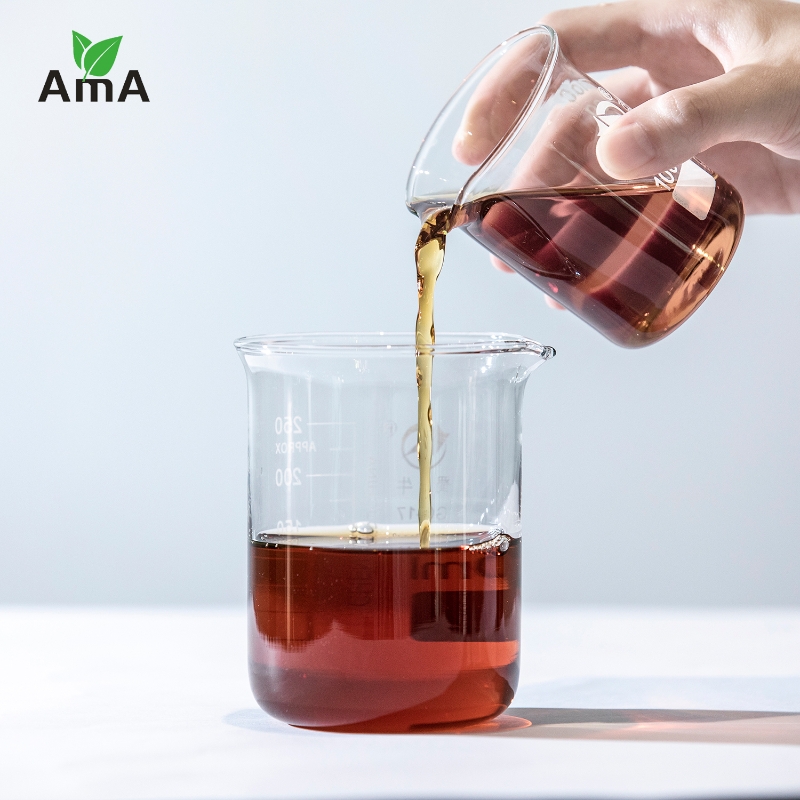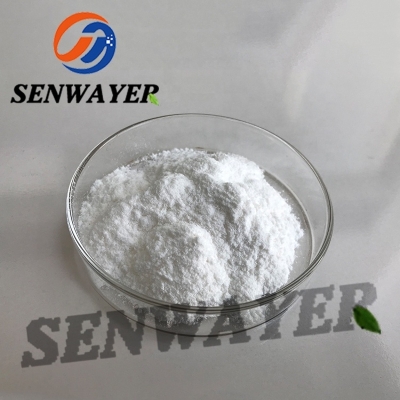Artemisinin: FDA grants Artemis artemisinin status as an orphan drug for malaria treatment
-
Last Update: 2017-11-09
-
Source: Internet
-
Author: User
Search more information of high quality chemicals, good prices and reliable suppliers, visit
www.echemi.com
Source: Sina pharmaceutical 2017-11-09 Artemis is a biopharmaceutical company in the United States committed to developing new therapies for the prevention and treatment of serious life-threatening infectious diseases Recently, the company announced that the U.S Food and Drug Administration (FDA) has granted its leading candidate artemisone (Artemisinin) the orphan drug status (odd) for malaria treatment The FDA's odd program aims to provide incentives to drug developers who develop drugs to treat rare diseases with fewer than 200000 patients Incentives for research and development of drugs for rare diseases include various incentives for clinical development, such as tax credits related to clinical trial costs, FDA user fee relief, FDA assistance in clinical trial design, and a seven-year market monopoly period after the drug is approved for marketing Brian M Culley, CEO of Artemis, said that malaria represents a significant unmet global challenge and has a huge economic impact Around half of the world's population is at risk of contracting malaria In recent years, artemisinin resistant Plasmodium is becoming more and more common Artesunone is a powerful and fast acting component in the artemisinin family Compared with the available artemisinin, it is expected to provide more attractive safety and efficacy At present, malaria is prevalent in 91 countries around the world According to the statistical report released by the World Health Organization (who) in December 2016, 212 million malaria cases occurred worldwide in 2015, resulting in 429000 deaths In sub Saharan Africa, the burden of malaria is particularly severe, accounting for 90 per cent of global cases and 92 per cent of global deaths Previously, Southeast Asia, Latin America and the Middle East were also areas with significant risk of malaria infection Artemisinin and its derivatives, such as artesunate, artemether, arteater, dihydroartemisinin (DHA), as pillar drugs, have been used in the clinical treatment of Plasmodium falciparum infection without complications for many years The parenteral use of these drugs (i.e parenteral forms, such as injections) is also used to treat severe malaria and cerebral malaria, in which patients often cannot swallow With the continuous emergence of drug-resistant Plasmodium, artemisinin which can be used for clinical treatment has become very limited Currently available artemisinin drugs also have many problems, such as neurotoxicity, poor thermal stability, low efficacy and so on Artemisinin is a unique and synthetic derivative of artemisinin, which has strong antiviral and antiparasitic properties At present, Artemis is evaluating the potential of the drug for the treatment of P falciparum and CMV infection, including stem cell transplantation and congenital CMV In addition, it is planned to evaluate its treatment for other viral and parasitic diseases Data from II's clinical studies show that artemisone has a very high efficacy in a 2-day or 3-day course (similar to or shorter than currently available antimalarial drugs) According to WHO recommendations, the second antimalarial drug was given on the last day of artemisinin treatment In this phase II study of 95 patients, artemisone was treated with a course of 2 days and 3 days, and the cure rate reached 100% on the 28th day Artesunate, another component of artemisinin family, is a highly effective virus replication inhibitor Another clinical study carried out in CMV patients with ganciclovir resistance and phosphonic acid resistance showed that on the 7th day of artesunate treatment, the viral load in patients decreased to 1 / 100, indicating that the drug can effectively block virus replication In particular, in vitro CMV model, artemisinin has been proved to be 10 times more effective than artesunate in inhibiting CMV replication, and has similar or better inhibition effect with ganciclovir At present, ganciclovir is the clinical treatment of CMV In addition, artemisinin caused CMV mutations to produce drug-resistant strains with a very low tendency Compared with the currently available CMV drugs, artemisinin has a unique mechanism of inhibiting CMV replication, which is expected to provide an efficient first-line treatment and / or combination of drugs for stem cell transplantation CMV, solid organ transplantation CMV, congenital CMV infection.
This article is an English version of an article which is originally in the Chinese language on echemi.com and is provided for information purposes only.
This website makes no representation or warranty of any kind, either expressed or implied, as to the accuracy, completeness ownership or reliability of
the article or any translations thereof. If you have any concerns or complaints relating to the article, please send an email, providing a detailed
description of the concern or complaint, to
service@echemi.com. A staff member will contact you within 5 working days. Once verified, infringing content
will be removed immediately.







